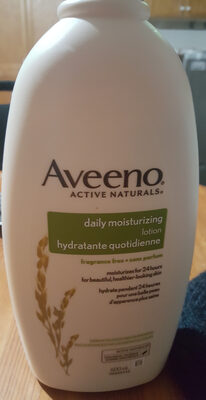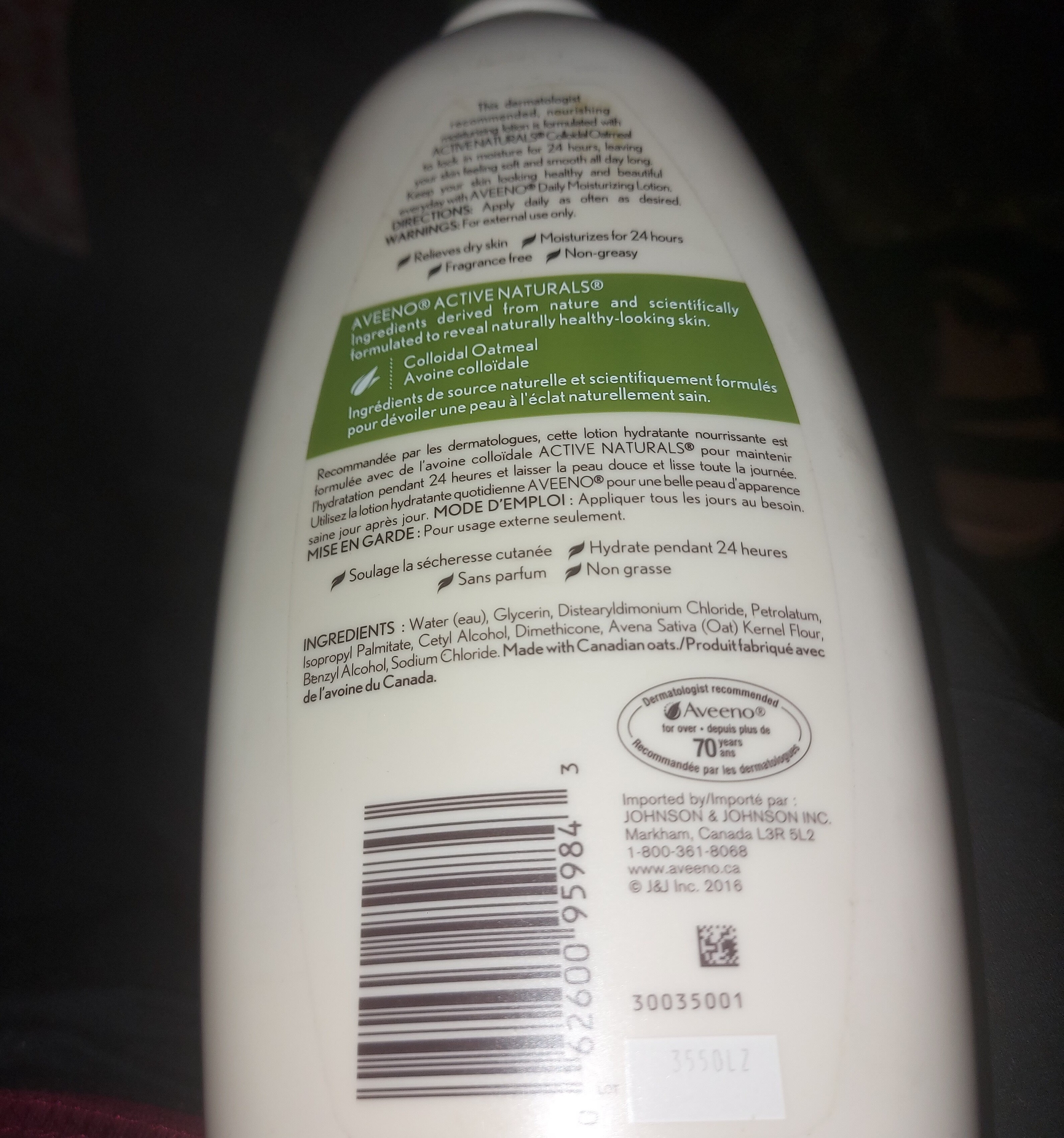Aveeno Daily Moisturizer - 600ml
La page de ce produit n'est pas complète. Vous pouvez aider à la compléter en l'éditant et en ajoutant plus de données à partir des photos que nous avons, ou en prenant plus de photos à l'aide de l'application pour Android ou iPhone / iPad. Merci!
×
Code-barres: 0062600959843 (EAN / EAN-13) 062600959843 (UPC / UPC-A)
Quantité : 600ml
Marques : Aveeno
Catégories : Non alimentaire, Open Beauty Facts
Pays de vente : Canada
Correspondance avec vos préférences
Environnement
Emballage
Transport
Signaler un problème
Sources de données
Produit ajouté le par inf
Dernière modification de la page produit le par hangy.
Fiche produit également modifiée par halal-app-chakib, openfoodfacts-contributors.
Si les informations sont incomplètes ou incorrectes, vous pouvez les complèter ou les corriger en modifiant cette fiche.







